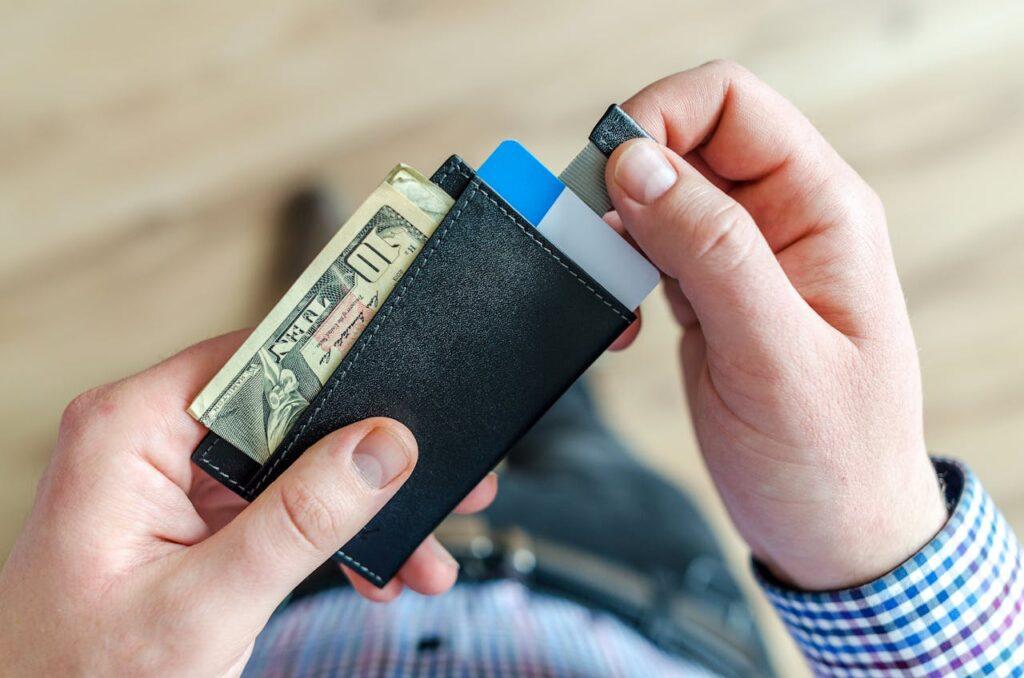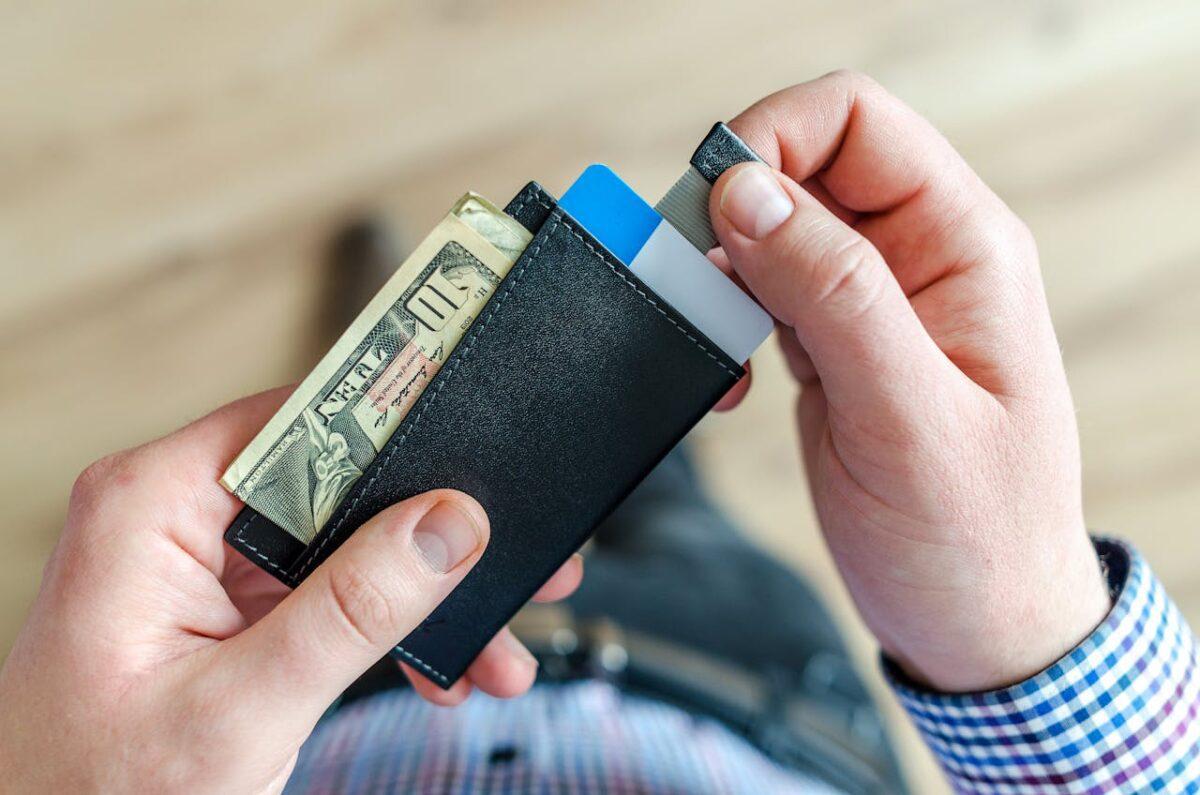Dealing with debt and small savings can be daunting. Should you prioritize saving for the future or paying off what you owe? This guide will help you strike a balance between saving and paying off debt, offering insights into common repayment strategies and financial management tips.

Why is it important to balance savings and debt repayment?
While paying off debt is crucial for financial stability, neglecting savings can leave you vulnerable to unexpected expenses. Striking a balance ensures you’re prepared for emergencies while working towards a debt-free life.
Which debt repayment strategy is right for me?
The best strategy depends on your financial situation. The avalanche method focuses on high-interest debt first, minimizing overall interest.
The snowball method, on the other hand, targets smaller debts for quick wins, keeping you motivated.
Debt consolidation combines multiple debts into one, simplifying payments and potentially reducing interest rates.
How to manage finances while paying off debt
- Create a budget: Allocate your income to necessary expenses, debt payments, and savings using the 50/30/20 rule.
- Pay more than the minimum: Accelerate debt repayment by allocating windfalls like tax returns or bonuses to pay off debt faster.
- Build an emergency fund: Set aside three to six months’ worth of expenses in a high-interest savings account to avoid using credit cards for emergencies.
- Monitor your credit: Regularly check your credit reports and scores to track your progress and identify any errors.
Saving and paying off debt, which is more important?
While paying off debt should be a priority, having some savings is crucial. Aim to build a small emergency fund while focusing on debt repayment to avoid adding to your debt in case of emergencies.
Your emergency fund should be equal to at least three months of your total spending. Add up your monthly expenses, such as rent, food, entertainment, childcare, etc. Find out exactly how much you spend each month, then multiply that by three. This is the minimum amount you need to have saved in your emergency fund.
We recommend you first fill your emergency fund before you start focusing on debts.
How can I start saving when I have high debt?
Start by creating a budget to identify areas where you can cut back. Consider increasing your income with a side hustle or selling items you no longer need. Redirect these savings towards building your emergency fund while making minimum debt payments.
Additional Resources








